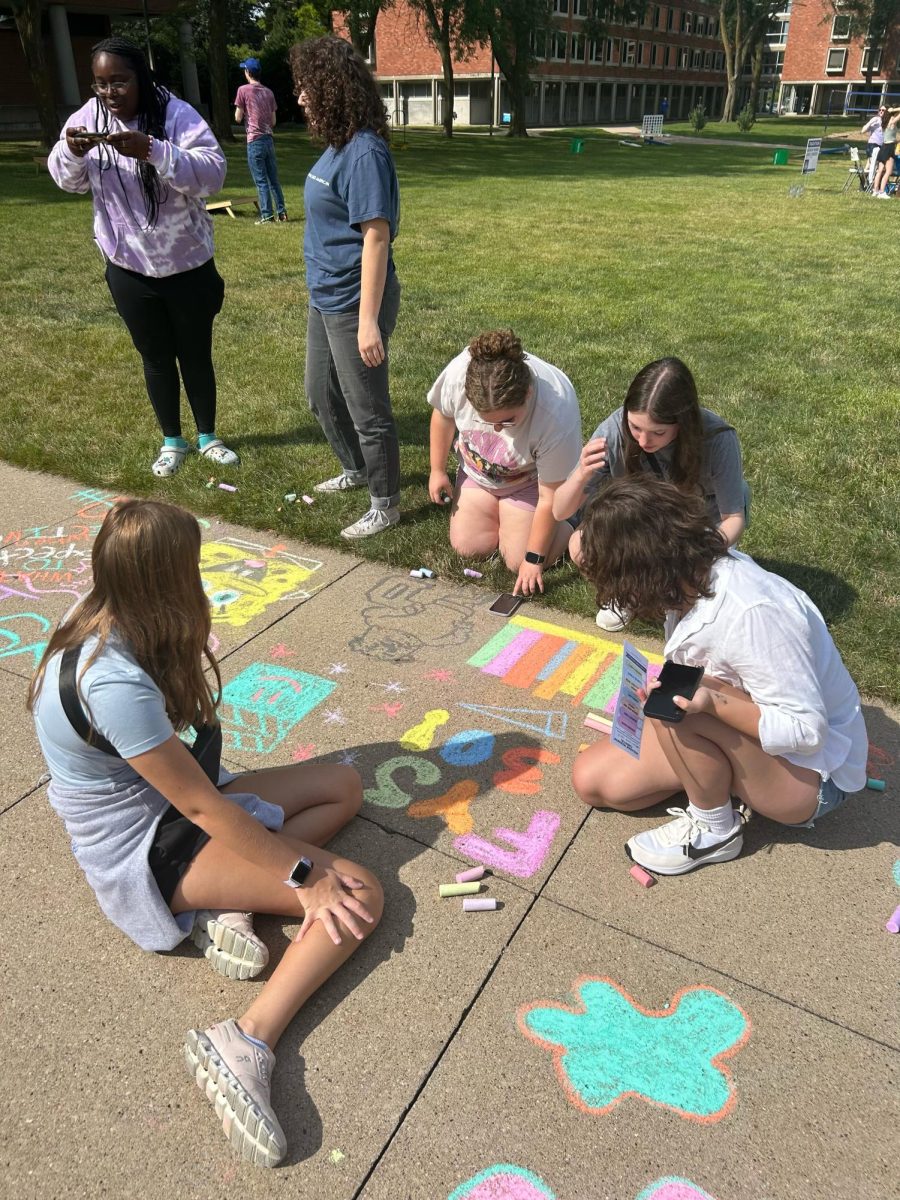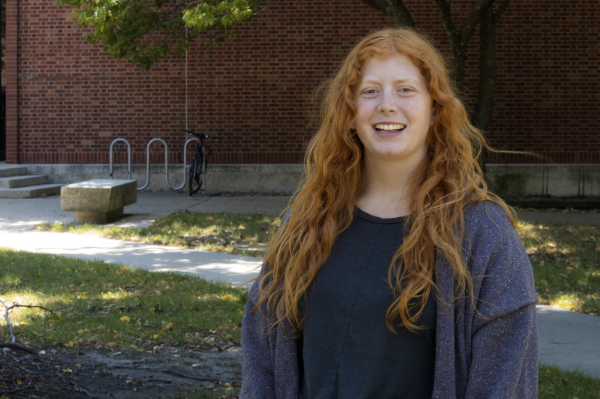With the loss of Blueprint For Success, the Peer Mentor/Academic Consultants have taken on more responsibility this semester. The role has been expanded to last the whole semester and includes office hours, hosting Radical Health programs and dividing into expert teams.
In prior years, the PMAC was a voluntary role that only involved leading a group of students through Welcome Weekend and – highly encouraged but not required – keeping in touch with their assigned students throughout the semester. Then, a separate group of mentors assisted with the Blueprint for Success throughout the semester.
“It’s really important to have PMACs be a semester role so they can keep that contact with students, especially because it can be a very hard transition into college,” said Mattie Mills, a member of the Peer Advisory Board, which comprises four undergraduate senior students who plan Welcome Weekend and oversee the PMAC program. “It is nice to know that students have those resources, like office hours, to go to and ask questions.”
Now that Blueprint for Success, a class all first years were once required to take that focused on teaching DEIJ topics and helping students adjust to college life, is no longer offered, PMACs have taken on the resources and responsibilities allocated to Blueprint for Success. Once a volunteer position, PMACs are now paid to reflect their increased responsibilities.
“Having the PMAC position going into the semester is a great move to help navigate the loss of Blueprint,” said Tess Combs, a junior who was a PMAC for the first time this year.
PMACs are paid for office hours and time working with their expert groups. PMAC office hours are Tuesday, Wednesday and Thursday in Starbucks. Each PMAC hosts weekly office hours during which students can come in to ask any questions. Students can ask PMACs about registration, mental health resources and more.
While Mills believes office hours are being utilized, she would love to see even more students attend office hours. Combs said that office hours in the midday tend to have a better turnout than her 7 p.m. office hour.
One of the reasons students may not be utilizing office hours, according to Mills, is a lack of knowledge —many students don’t know these office hours are offered, Mills said. She encouraged students to participate because PMACs have a lot of resources, such as quick links and answers to questions.
“It can be hard to ask faculty members or professors some of those tougher questions and may be easier to ask a peer, so PMACs are there to facilitate those answers in a way that makes students comfortable,” Mills said.
The other big change to the PMAC program is the five expert groups. PMACs are categorized into expert groups: DEIJ, Mental Health, Academic Resources, Advising and Registration and Student Involvement and Community Engaged Learning. Each group has responsibilities and must roll out various projects throughout the semester. For example, Mills, leader of the mental health group, said, they are working on social media content for suicide awareness month and a few different events.
“The five expert groups have been working tirelessly to help ensure that students are getting the information and resources that Blueprint used to provide,” Combs said. “As far as my experience being on the DEI expert group, we have had many meetings to discuss ways to help first-year students learn more.”
PMACs also now host Radical Health sessions. Radical Health is a four-week program that covers topics like self-care, stress management, and other mental health education. In previous years, Blueprint for Success covered many of these topics.
PMACs hosted around 41 different Radical Health sessions throughout the four weeks. PMACs would host a session for their group combined with another group, and students could attend any session that fit their schedule, even if it were not taught by their assigned PMAC.
“These programs make sure students have information for health management and also to have those tougher conversations, especially about that transition into college so they know they’re not alone while they are going through some of those rougher patches,” Mills said.
Combs helped lead the first session and said, “Students were very receptive to it.”
Despite all these changes, Mills said that this year’s PMACs are doing great. She also encouraged students to embrace these resources. PMACs are here to help, and Mills said she wants first-year students to lean on them.
“When I went through my first year, I would say my PMAC made all the difference. I would just encourage students to keep that relationship strong and not be afraid to ask questions, even those you may think are silly because we’ve all had them at some point,” Mills said.








